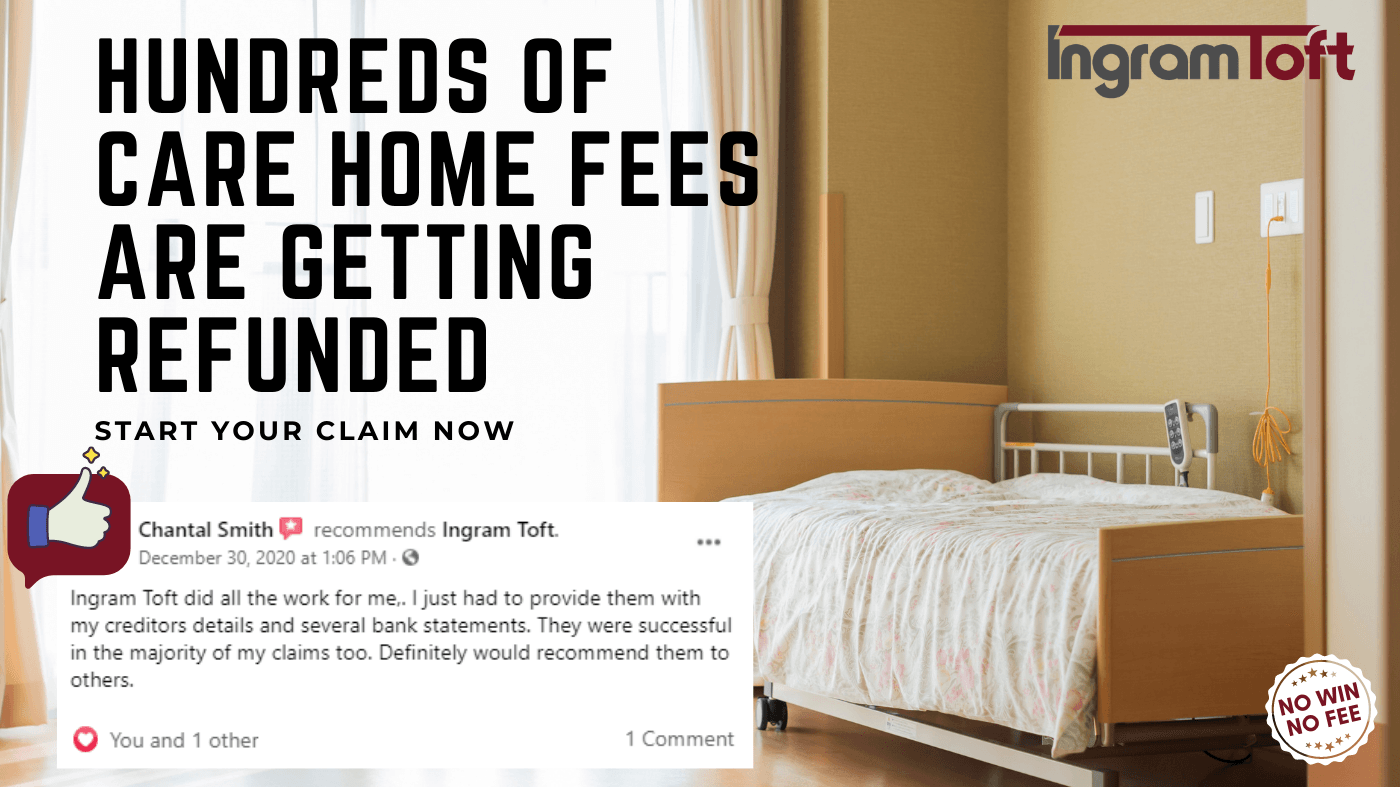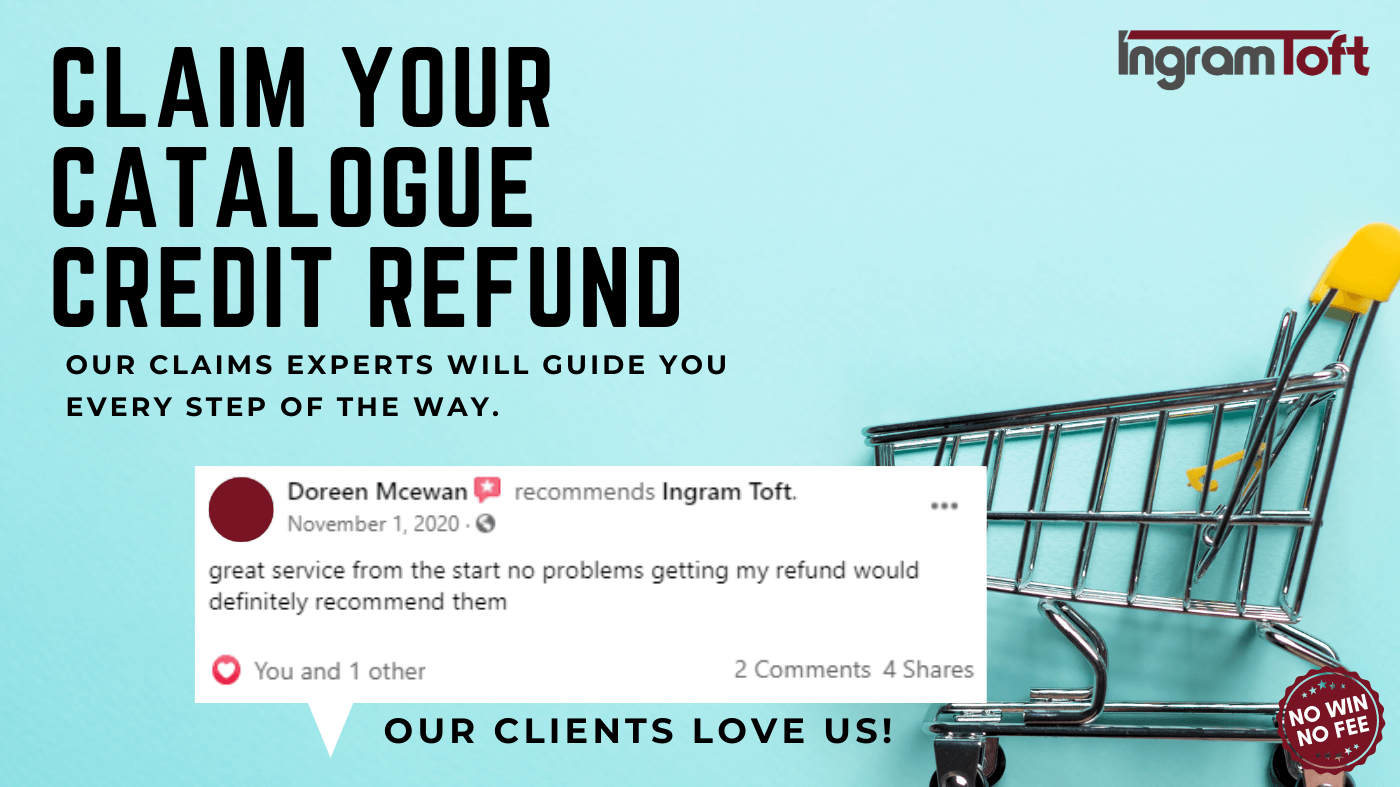What you need to know about Care Home Top up Fees
Though caring for elderly relatives is an honour, it can also be extremely stressful.

If you've decided that a care home or nursing home is the best option for your loved one, the next step is to understand the various costs and complications involved.
What exactly are care home top-up fees?
The personal budget determined by the council will not necessarily cover the cost of living in the care home chosen by you or your elderly relative. This might be because you would prefer a more luxurious care home, or because you would like to purchase upgraded services.
If this is the case, someone must pay the 'top up fee,' which is the difference in cost between what the council will cover and what your preferred care home charges.
Top-up fees should be required only if you or the elderly person have specifically chosen a care home that provides a genuine upgrade over what the council assessment determined was necessary. This could mean selecting a home with better facilities, a larger room, an en suite bathroom, a room with a view, or a home in a more expensive neighborhood.
Who pays for home health care?
When you apply for care for an elderly relative, your local council will conduct a care needs assessment to determine the level of care required. They will also examine the individual's finances to determine whether or not they can pay for the care themselves.
In some cases, such as when an elderly person has a disability or a complex medical condition, the NHS will pay for nursing home care. However, if the elderly person does not fall into either of these categories and has capital worth more than £23, 250, they must pay for their own care. This may necessitate the sale of their property, though there are ways to avoid this.
If the council determines that the elderly person cannot afford to pay for their own care costs (typically if their capital is less than £14,250), the council will be liable for the entire cost of a care home. The amount agreed upon by the council will be referred to as a 'personal budget.'
Who is in charge of paying top-up fees?
Top up fees, by definition, will not be paid by the elderly individual. If the elderly person could afford to pay top-up fees, they would not have been eligible for a council personal budget.
Top up fees are also known as 'third party top up fees' because they must be paid for by a third party. This is most likely a close family member, such as adult children.
You are not required by law to pay top-up fees. If you cannot afford to pay these on behalf of your elderly relative, you can choose a care home that is fully covered by the personal budget agreed upon by the council. If the council is unable to provide a care home place that is affordable within the set personal budget, the personal budget will have to be increased.
If you decide to pay top-up fees, the council will require you to sign a contract committing to this. The council should then invoice you on an agreed-upon basis for the amount of the top-up fees. Typically, you will not be asked to pay additional fees directly to the care provider.
What else do you need to know?
There have been reports of local governments abusing top-up fees. It is critical to ensure that you are not being asked to pay additional fees in order to receive necessary care. If this is the case, you should request that the council conduct a new needs assessment to ensure that the personal budget offered corresponds to the elderly person's care needs.
It's also important to remember that rising care home costs will likely affect the amount you'll have to pay in top-up fees year after year. If your preferred care home raises its fees at a steeper annual rate than the council raises its annual budget, you may be liable for higher top-up fees than expected.
If the person who is paying the top-up fees is no longer able to do so, the council must conduct another needs assessment before deciding what to do. For example, before simply moving an elderly person to a less expensive care facility, they will need to determine how the elderly individual will cope with the disruption.
What should you do if you require additional assistance?
If you or an elderly relative have been paying top-up fees that you did not expressly agree to, you should seek legal counsel. We can help you. Fill out our simple inquiry form to file a claim or contact us to learn more.











